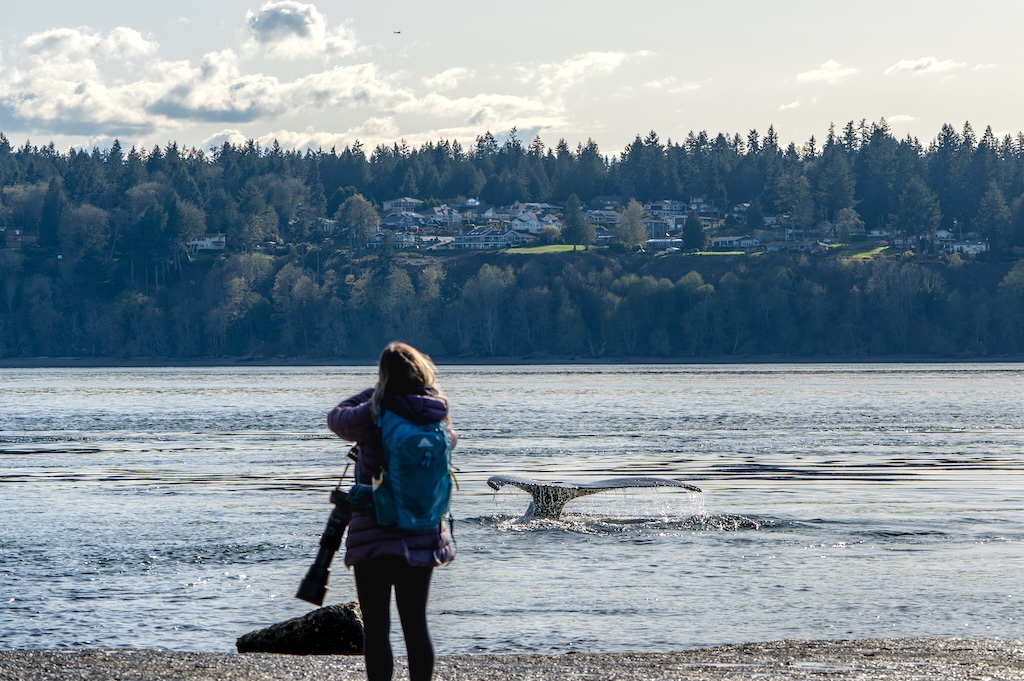Co-hosted by PSI, Industrial Economics, Inc. (IEc), and Oregon State University (OSU).
Join us for a three-part, virtual Lunch & Learn series on motivating behavior through incentives and other programs, with a focus on advancing understanding of behavioral science applications in Puget Sound ecosystem recovery. Each session will feature brief presentations and a structured discussion designed as a two-way learning opportunity, with researchers sharing relevant findings and program managers providing insights from administering incentive programs and raising key questions or challenges for further study.
The sessions are free but registration is required. Recordings will be available for those unable to attend live.
Part 1: Market methods for incentivizing conservation | Sept 8, 12-1:30 PDT
Hosted by IEc and WDFW
This session explores the use of market-based approaches to promote voluntary conservation actions. We will describe market-based programs, including payment-based incentives for landowners, grant and loan programs,and the potential of emerging carbon markets. The presentations will highlight current research in the Puget Sound region.
Part 2: Science and strategy of motivating behavior | Sept 18, 2-3:30 PDT
Hosted by OSU and PSI
This session will introduce a framework to understand drivers of behavior and the design of effective behavior change interventions. We will use this framework to workshop an existing behavior change need and we will identify existing programs as examples.
Part 3: Measuring the effectiveness of incentives programs | Sept 24, 11-12 PDT
Hosted by PSI and IEc
This session focuses on best practices in defining and evaluating the success of incentive-based conservation programs. We will explore how to go beyond basic participation metrics to assess well-being and ecological outcomes through examining regional and national examples.
